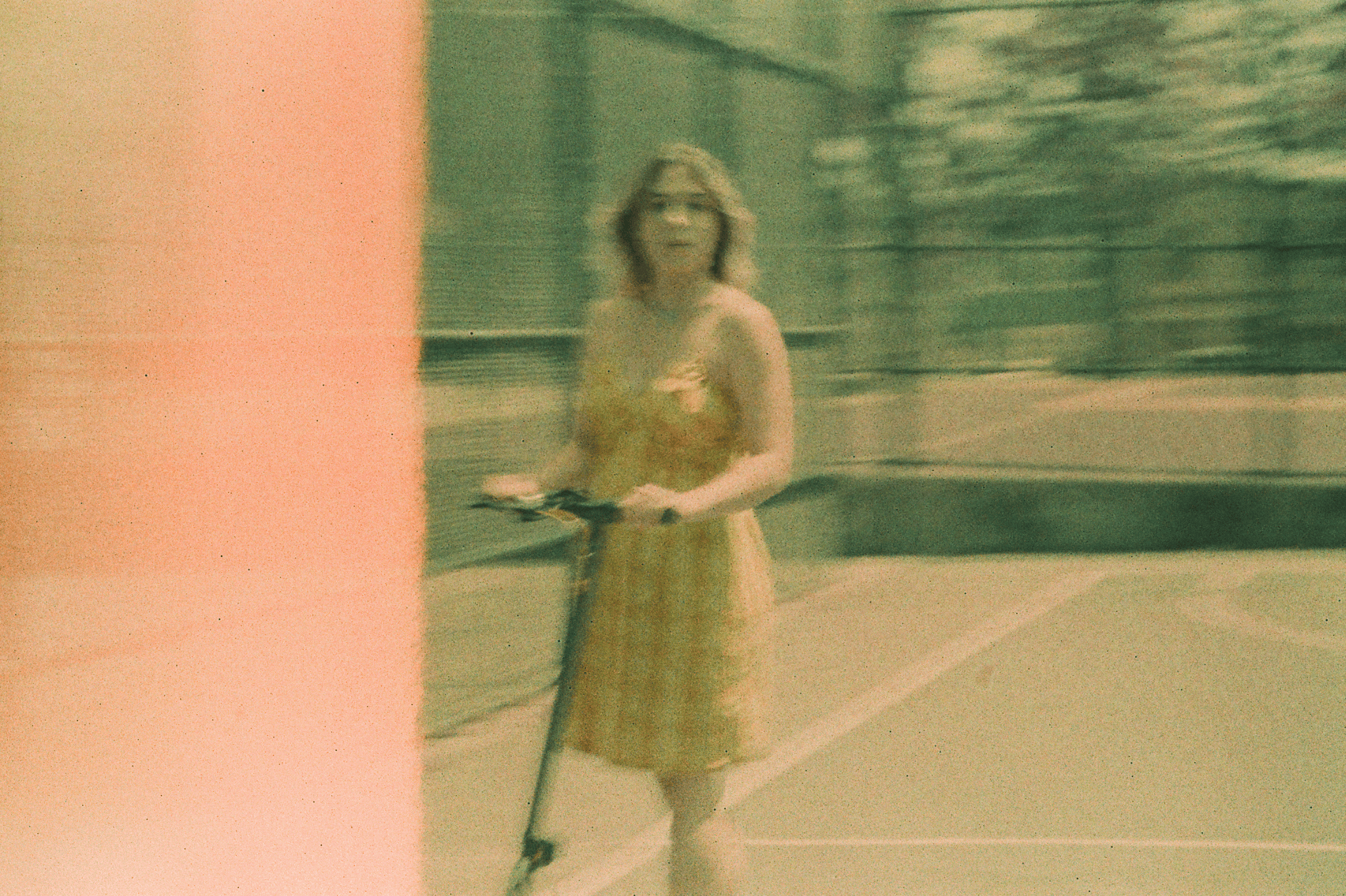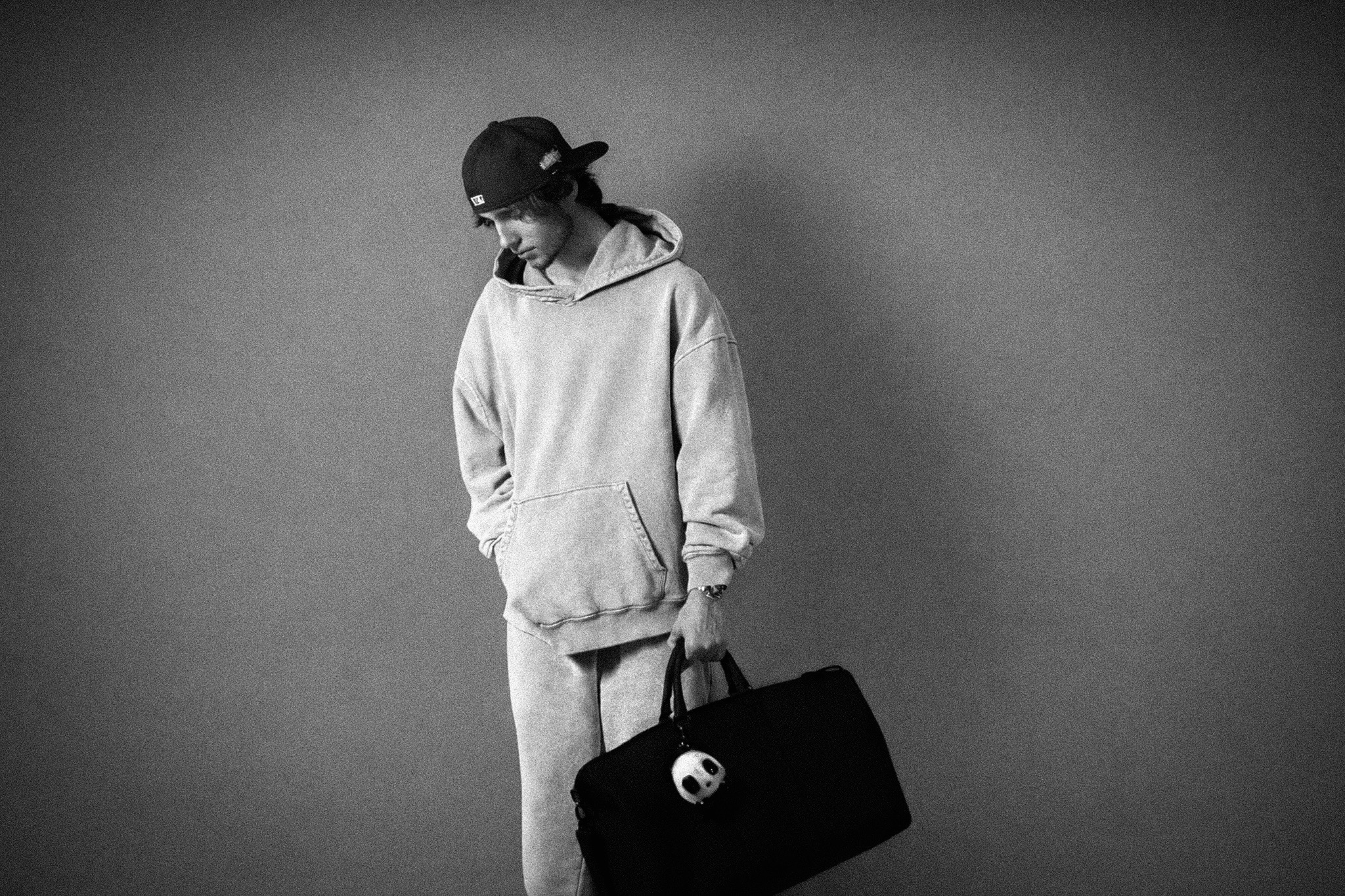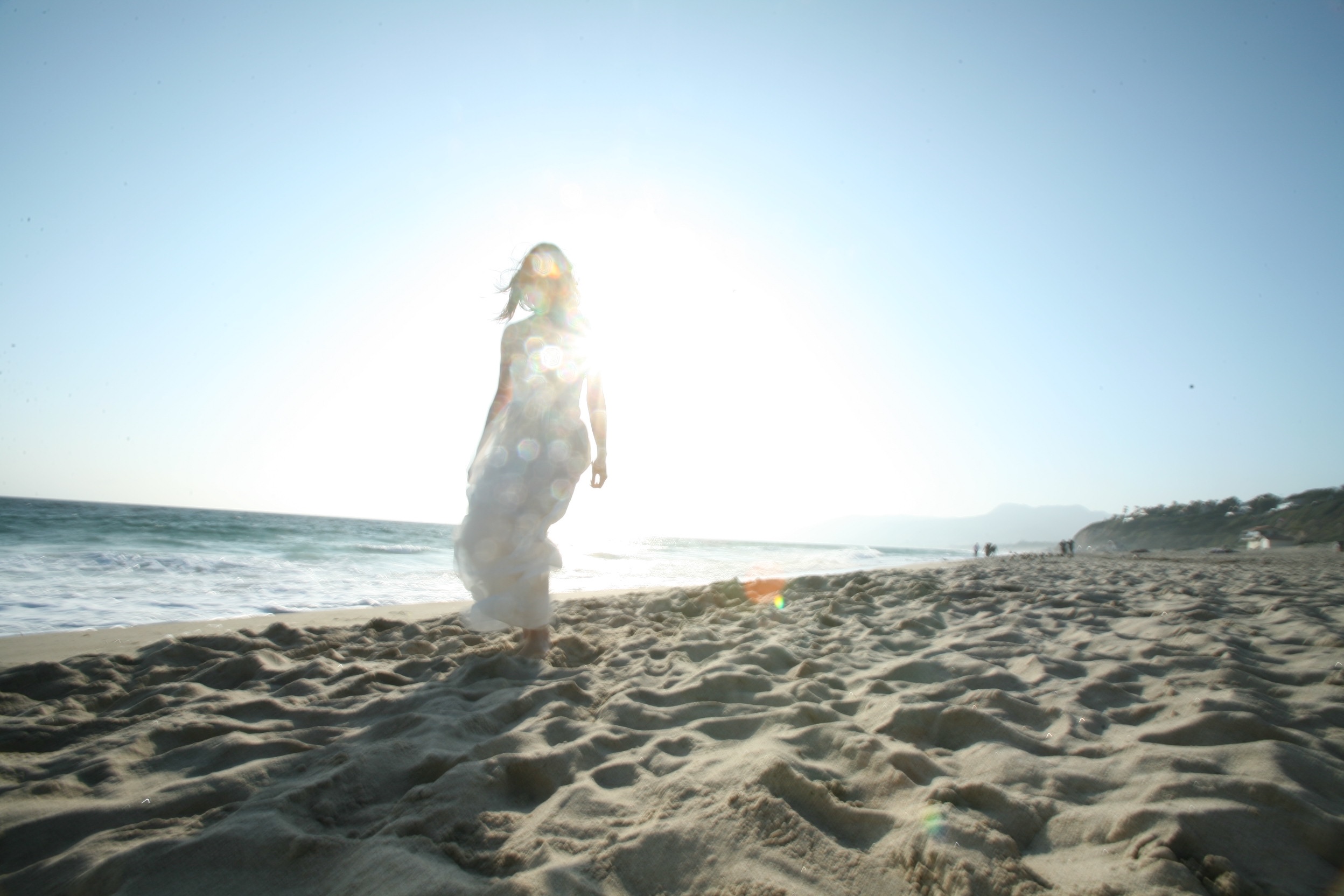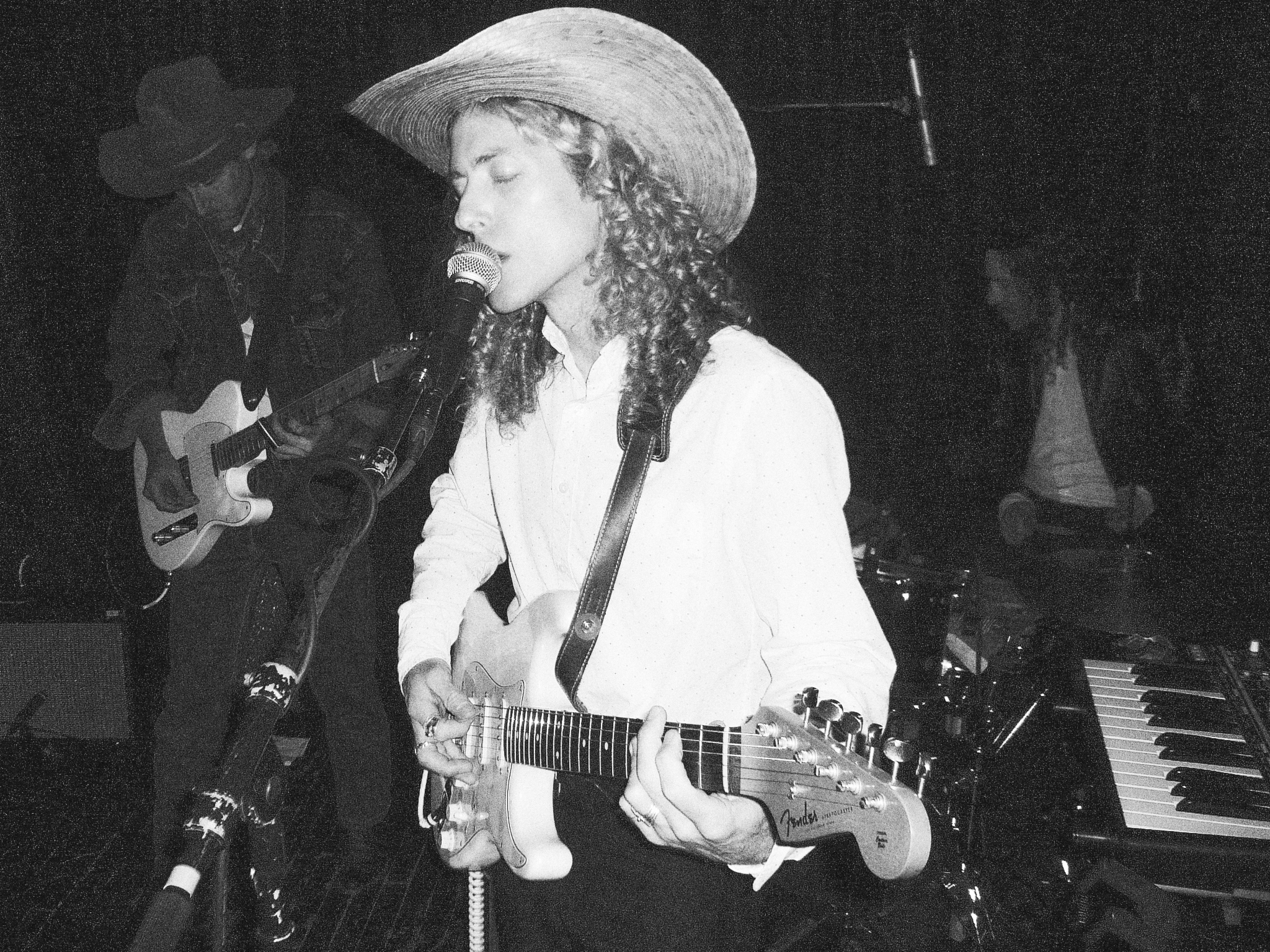Brooklyn-based indie pop artist Elora has been steadily carving out her own space with songs that balance vulnerability and energy. Her debut EP, “Command Her,” released independently in 2025, introduced listeners to her blend of emotional storytelling and dreamy, live-band production. The single “Belly Laugh” blew up on TikTok, earned a spot on an Apple Music editorial playlist, and set the stage for her rising presence both online and in New York’s live music scene.
Now, Elora returns with her latest single, “Scooter,” a track born from a one-hour speed-writing experiment that grew into something deeply resonant. Infused with influence from Blondie’s “Eat to the Beat” and grounded in themes of care and resilience, the song reflects her ability to turn personal moments into something universal. In this interview, she talks about writing without overthinking, the intimacy of recording at home, and the experiences that have shaped her sound and vision.
Your new single, “Scooter,” started as a speed-writing experiment. What’s the most surprising thing you learned about yourself when you wrote without overthinking?
I was surprised that a simple song written with a one-hour timer could resonate with people the way it has. It helped me learn that sometimes the best thing you can do is get out of your own way, sit down, and let yourself create freely. It can be hard to fight that urge to perfect every detail, but that openness can lead to something much more honest.
After your car radio broke, you were stuck with only CDs, and Blondie’s “Eat to the Beat” became a big influence. If your car had been working perfectly, do you think “Scooter” would sound completely different?
‘Scooter’ would definitely sound different if my car radio hadn’t broken. With streaming, it’s so easy to skip a song if it doesn’t hit you right away. Having only a CD player forced me to sit with the music and really let it grow on me. “Eat to the Beat” became the soundtrack of that time in my life, and I got completely pulled into its huge new wave sound. One track that really stuck with me was ‘Union City Blue.’ It has this expansive and cinematic feeling to it that I tried to channel into the production of Scooter.
You’ve said “Scooter” is about being there for someone when they can’t be there for themselves. Was there a moment in your life that made that theme hit differently?
Music has always been the tool I’ve used to get through hard times. I remember my first heartbreak as a teenager, and how I would listen to jazz standards from the ’50s. Those dramatic songs felt like messages in a time capsule, written decades earlier but still so relatable. With ‘Scooter,’ I wanted to create something like that, a song that could be a tool for comfort, waiting for you whenever you need it.
Many artists say the songs they make at home carry a different kind of intimacy. Did recording “Scooter” in your own space change how you connected with it emotionally?
Absolutely. Recording at home let me carry over the same mindset I had while writing the song. There’s something about being in my living room studio that made it easier to just sit down, follow my first or second idea, and not overthink it. My partner, who co-produces my songs, is a big part of that process too, so recording at home made the whole thing feel natural.
You’ve played NYC venues like Union Pool and The Sultan Room. Which performance moment felt most like a scene from a movie, and what song was playing?
Probably the night I opened for Robert Leslie at Theatre 80 Saint Marks. Robert is such a big figure in the NYC busking scene, and I felt honored that he asked me to play one of the very last shows at that historic venue. The backstage was full of history, with artists like Frank Sinatra having been past performers back in the day. When Robert’s band joined me onstage for my song ‘Ridley,’ it felt like stepping into a movie.
When you’re writing, how do you balance honoring influences without slipping into imitation?
That’s something I’ve definitely wrestled with, especially while finding my own voice. The best advice I ever got was from my teacher, Jay Clayton; she never told me what to do except to ‘sing from my heart.’ That simple idea completely shifted my voice and my artistic identity. I’ve carried it with me ever since, because if you’re creating from the heart, what you make will always be uniquely your own.
You’ve opened for artists like Porches. If you could create your dream collaborative track with any artist, who would it be, and what would the song sound like?
I’ve been absolutely in love with Mannequin Pussy’s record I Got Heaven, so that would be a dream collaboration. One of my favorite songs of theirs, ‘Nothing Like,’ is about Buffy the Vampire Slayer, which happens to be my favorite show of all time. I’d love to keep that energy going and write another Buffy-inspired track together, maybe a witchy love song for Willow and Tara.










